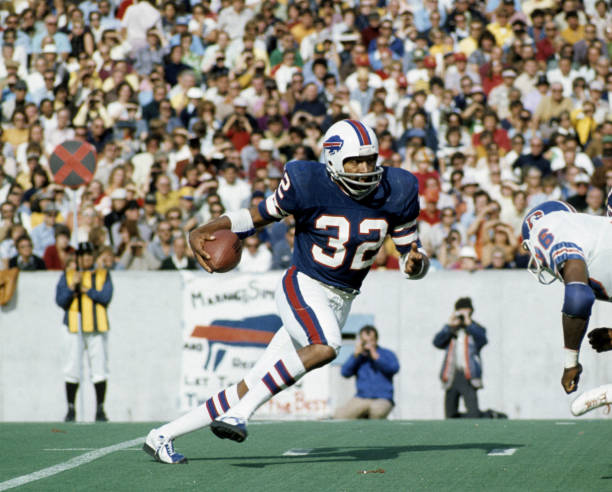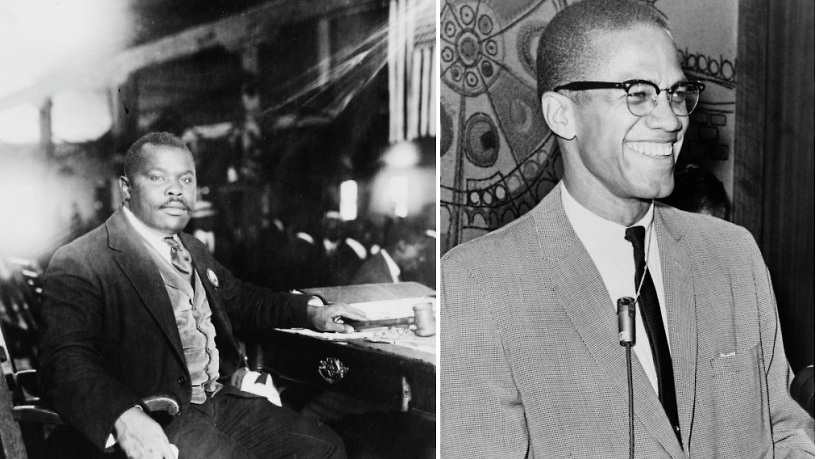(ThyBlackMan.com) Every year games come out where the developer kind of drops the ball. The gameplay aspect of the game might be truly dope. Something we haven’t seen explored or done in games before and the execution just falls flat. Other times, the gameplay is sound once you get into it but the concept is just bad to the point where you wonder “Why?” Or “who thought this was a good idea for a game?”
Sure, the gameplay is sound, often times it’s nothing you haven’t played before so it’s hard to mess with a formula that works. Developers attempt it but often times it’s kept as is with a few tweaks here and there. Then you have the rarest of rare: a game that is just messed up all the way around. The gameplay sucks, the storyline sucks, the very idea that a company is sinking money into the project or that people donated money to get the project off the ground sucks.
Let’s look at five times where developers really messed up.
The North American Video Game Industry Almost Dies (1983)
Is this really a developer issue or an industry-wide issue? Or a little from column A and a little from column B? Several things caused this but let’s go into just three of them. First, there were too many home consoles and few of them stood out from the pack.
This is kind of why the console market now is a three-company race. Second, home computers were on the rise and companies had started releasing PCs that were much, much cheaper than they had been.

You have to considered that a computer could cost in the thousands back in 1981. Then the price dropped. On top of that, PCs had color off the bat—some did. I played Oregon Trail on an old Apple computer that green as the main color on a black background in kindergarten. At any rate, there was competition.
Finally, the rise of third-party developers—starting with Activision—spelled trouble for console manufacturers. Well, primarily Atari. They lost control of publishing which meant they were losing out on money that became royalties for developers.
Wikipedia notes inflation as a cause as well and—well, that will do in it most cases on its own. The thing is, there were three other much more interesting factors that cause the industry to almost croak.
Now, the company that is usually fingered as the culprit in this Atari—hence the term “Atari Shock.” It was the biggest console manufacturer at the time and released the largest number of titles. One of the well-known stories from this period was that Atari felt that the film ET would sell like gangbusters as a game. It did far from that and the company took a massive hit on these and other titles as stores were trying to send back games.
Atari ended up burying the remaining copies of the ET game in a small town in New Mexico. Over 700,000 copies were in the pit. The company was also one of the main survivors of this period since Magnavox bailed as did other manufacturers. It wouldn’t get out of the console game until the following decade.
The biggest hero that came out of this game recession was Nintendo whose Super Mario Bros title revived the home console market.
Titus Interactive Releases Superman 64 (1999)
Yes, everyone beats up on Superman 64. I even gave the game some lumps back in October. The fact is that, this game was just terribad. The idea of a Superman: The Animated Series game in 1999 wasn’t bad on its own since the animated series did have a fanbase. Now, that fanbase didn’t touch that of the Batman: The Animated Series fanbase but people still rocked with old Superman.
So, DC figured “Hey let’s do a Superman game.” Nothing unusual about that “Oh, let’s put it on Nintendo 64!” Alright, cool. I mean the N64 was in the middle of its life cycle in 1999 but go ahead. Something dope might come of this proje—”Oh, and let’s have Titus Interactive do the game.”
Excuse me? Who? Titus Interactive? No, no, no, no, no. Why?
At the time, I doubt anyone was actually familiar with Titus Interactive’s work because a lot of it was insignificant at best. I couldn’t tell you a Titus game that I would say is great. Kao the Kangaroo was fun on Dreamcast but that’s it, really.
So, when the company got its hands on Superman, who knew what to expect, really? It didn’t matter because what we got wasn’t good. Bad concept for a storyline, bad concept for gameplay, the graphics—well the graphics weren’t that far outside of what was expected for third-party Nintendo 64 title.
For the most part, it’s a game that most wish never happened and wish they could forget, but there it is.
Daikatana (2000)
I don’t know what the hell happened here. I think the game was hyped so hard and fell so short that it was just…wow. There was also a lot of stuff handing in the studio that affected the development resulting it being pushed backed. By the time it came out, it was dated and no one was impressed. However, money was sunk into the project’s development and promotion so it had to come out. It’s not like they could say “Daikatana has been cancelled. Everyone can go home and play Quake or something.”
Whenever Square Enix Dramatically Changes The Battle Mechanics In Games
Square Enix regularly changes the battle mechanics in its games. They feel it offers variety and a strategic challenge to gamers. They’re right in most cases. In a few, not so much. Final Fantasy XIII was the most recent example of this but players got the hang of it and the game went on to do well financially—because it’s Final Fantasy, mainly.
Then you have an extreme case in Unlimited Saga. Yes, I lumped this game up twice so there’s really no reason to go into any further. However, this was a case of everything going wrong in combat to the point the game is just about unplayable. It kills any sense of progressing. That said, some people have managed to play and beat the game. Determination, I suppose.
The Order 1886 Being Released At Full Price Without a Full Price Length (2015)
This game had girth in gameplay, story, and concept but the literal length of the game was short. There were some reports that the game was cut short for financial reasons but that doesn’t really excuse the game being 5-10 hours at $60 upon launch.
Developers tried to push that it’s quality over quantity but when your game is 10 hours max, you can’t just be out here slapping a $60 price tag on it. There are mobile games with much smaller budgets that I’ve gotten more than 10 hours of gameplay out of. Come on, bruh.
Because of the length, the game feels like it ended on a cliffhanger and there was nothing further on a sequel to continue the story. Woah.
Staff Writer; M. Swift
This talented writer is also a podcast host, and comic book fan who loves all things old school. One may also find him on Twitter at; metalswift.
















Leave a Reply